Fix Torrents Not Downloading with VPN in 5 Easy Steps
Use fast and torrent friendly VPNs to download privately
6 min. read
Updated on
Read our disclosure page to find out how can you help Windows Report sustain the editorial team. Read more
Key notes
- Recently we've encountered some issues regarding torrents not downloading while using VPNs.
- While that's quite an unsettling issue, you'll be glad to know it's not so difficult to fix.
- It's recommended you use a good and fast VPN and configure it with the best protocols.
- Also, use the killswitch feature if you have it, check below for other ways to tweak settings.
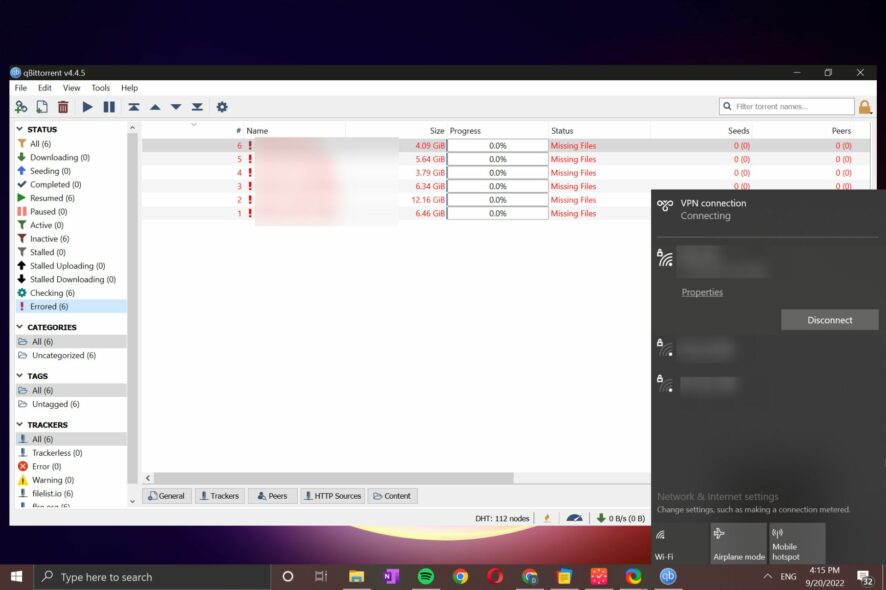
Recently we’ve encountered some issues regarding torrents not downloading while using VPNs. While this is not exactly unheard of, VPNs should be surefire tools against torrenting privacy breaches.
In other words, using a VPN can hide torrenting activity. So it’s not exactly difficult to see why being unable to torrent while using VPNs becomes troublesome for many.
Do VPNs block torrents?
No. VPNs don’t block Torrents, but not all VPNs are configured to support torrenting.
It’s possible that your VPN doesn’t have enough data or fast enough servers, which can lead to bad connections on torrents.
So if you’re wondering whether a VPN slows down torrenting, the answer is yes, it is possible.
Given that your traffic has to be routed via multiple servers, your connection speed may suffer.
We recommend connecting to P2P-friendly servers or using your VPN’s automatic connection feature to find the fastest server for your location.
Should I use a VPN while torrenting?
It’s not mandatory, but it surely helps. It hides your activity, offers unlimited bandwidth (premium VPNs), and protects you against malicious attacks/data leak incidents.
Can ISP tell lif you are torrenting?
Yes. On regular traffic, your ISP can detect your online activity, which includes torrenting. Keep in mind that certain ISPs restrict torrenting, so you risk having you bandwidth throttled.
Do I need to hide my IP when torrenting?
Hiding your IP is advised. Even if you are using completely legal and safe torrents, there is still a risk of getting your data leaked. Hiding your IP also prevents restrictions and online tracking of all sorts.
Will a VPN prevent my ISP from seeing what I download?
Yes. If you use a VPN with powerful encryption, your ISP won’t be able to detect anything about your activity, including your torrenting activity, the websites you visit, or who you are.
How to download torrent with VPN?
If you’re in the situation we’ve described above and can’t seem to find a way to download torrents while using a VPN, here’s what you should do.
1. Use a reliable VPN service
- Get a subscription for a reputable VPN like ExpressVPN and download the dedicated app to your PC.
- Install the VPN on the target device (your PC).
- Launch ExpressVPN.
- Connect to the server of your choice (nearby servers are usually faster).
- Launch the torrent client.
Reliable services such as ExpressVPN can shield your Internet activity, including torrenting, from your ISP or other prying eyes.
ExpressVPN is an excellent VPN from Kape Technologies that features 24/7 live chat support.
It provides you with great privacy and security features so that you can engage in various online activities safely and anonymously. Torrenting is, of course, included among these activities.
On the other hand, neither ExpressVPN nor we endorse illegal activities such as torrenting pirated content. You shouldn’t treat VPNs as cloaking devices for unlawful behavior.

ExpressVPN
In need of a torrent-friendly VPN? ExpressVPN might be what you’re looking for.2. Enable the kill switch

You should always make sure to enable your VPN’s kill switch feature while torrenting.
The reason why you’d want to do that is fairly simple. Your VPN connection can be disrupted at any time and you’d have no clue it happened.
Your PC will default to its insecure connection and the torrent will keep downloading as nothing happened.
Now your entire traffic, including torrenting activity, is visible to your ISP.
The VPN’s kill switch detects whenever the VPN connection drops and cuts access to your default Internet connection. Thus, as long as the VPN client is running, you won’t be able to reconnect using your insecure connection.
Some VPNs go as far as installing system-wide kill switches, which remain active even if the VPN client crashes.
Ultimately, it’s up to you whether you want such a feature on your PC, but we strongly advise you to bite the bullet and enable it, if your VPN supports it.
3. Connect to a P2P server
Some VPNs had some legal trouble in regards to customers who would engage in P2P activities (ahem, torrenting), whether legal or illegal. Therefore, certain countries (USA included) have requested P2P traffic to be blocked.
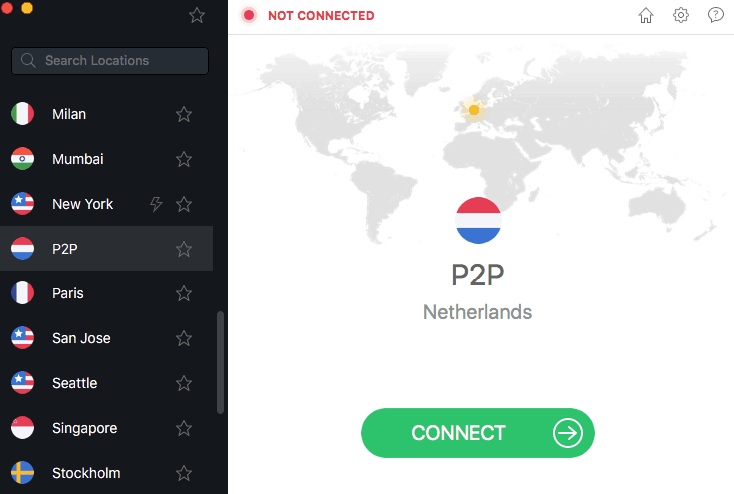
In response, some VPN providers complied with the demand. This is not to be deemed as a violation of either freedom or privacy, but rather as a half-compromise.
You get to benefit from the same level of protection and privacy, but can’t engage in torrenting. Which is fair, since most VPNs have a ton of servers you can use instead of those who block P2P traffic.
So, to get back to the topic at hand: make sure your VPN supports P2P operations (torrenting) before purchasing a subscription and always choose P2P-enabled servers if they’re carefully reserved in the client’s server list.
4. Check for leaks
Even if you’re using a VPN, you might experience leaks. If your ISP has filters set to pick up on P2P traffic and restrict it, a leaking VPN can put you in a very tough spot.
You can easily check and determine whether your VPN leaks by using either one of these online services:
Not only will your ISP see through your VPN’s defenses, but you could also be sanctioned. You know, if your tracker website of choice is close to a bay. That place where pirates always swarm. Don’t make me say it.
You get the point. Steer away from shady websites, even if your VPN doesn’t leak. You might be surprised of your ISP’s creativity when it comes to picking up on your Internet activities, especially if they’re not on the right side of the law.
5. Disable IPv6
- Head over to your Control Panel.
- Open Network and Sharing Center.
- Click the Change adapter settings button.
- Right-click your active Internet connection.
- Select Properties.
- Make sure Internet Protocol Version 6 (TCP/IPv6) is disabled.
- Click OK.
Most VPNs aren’t exactly ready to shield IPv6 traffic from your ISP. Thus, your connection could leak unprotected IPv6 data to your ISP, which might use it to restrict torrenting traffic.
Even if your VPN boasts IPv6 protection, you should take it with a grain of salt. Try disabling IPv6 support, reconnecting to a VPN server, then trying to restart your torrent client.
What VPN is best for torrenting?
All things considered, if you’re using a VPN client and can’t seem to use torrenting services, don’t panic just yet. First thing first, make sure your VPN supports torrenting traffic.
To get an optimal experience with the best BitTorrent security tools, make sure to get a VPN with unlimited traffic so you don’t run out and disconnect.
If it does, the problem might lie within your VPN/system configuration. Whether it’s a leaky VPN, a non-P2P server, or your system leaking IPv6 data to your ISP, these issues can be easily fixed.
Last, but not least, you should steer clear of shady torrenting websites.



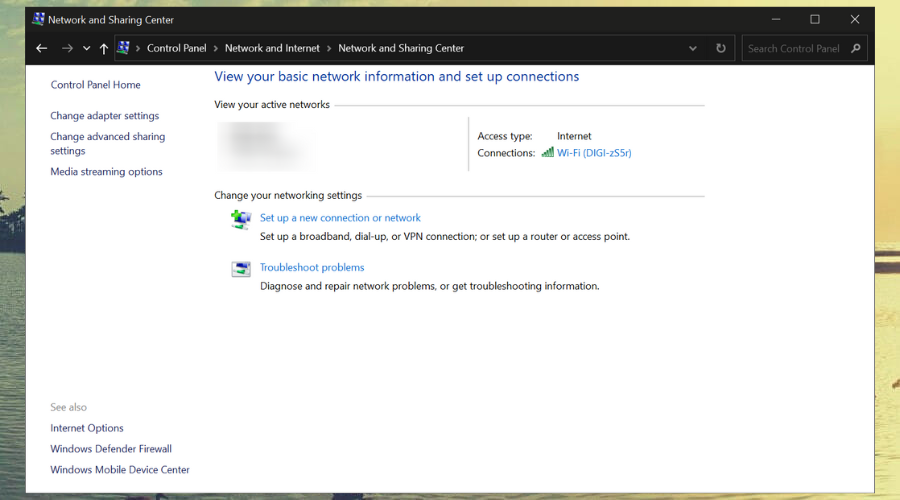
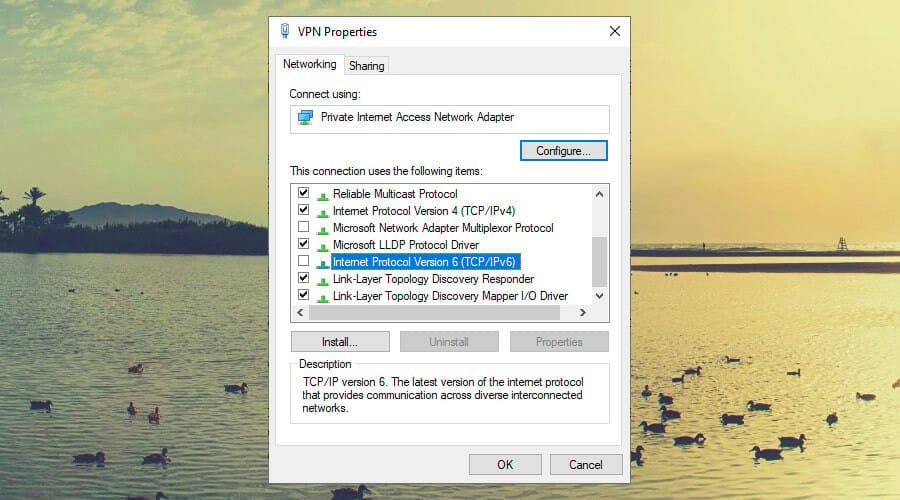
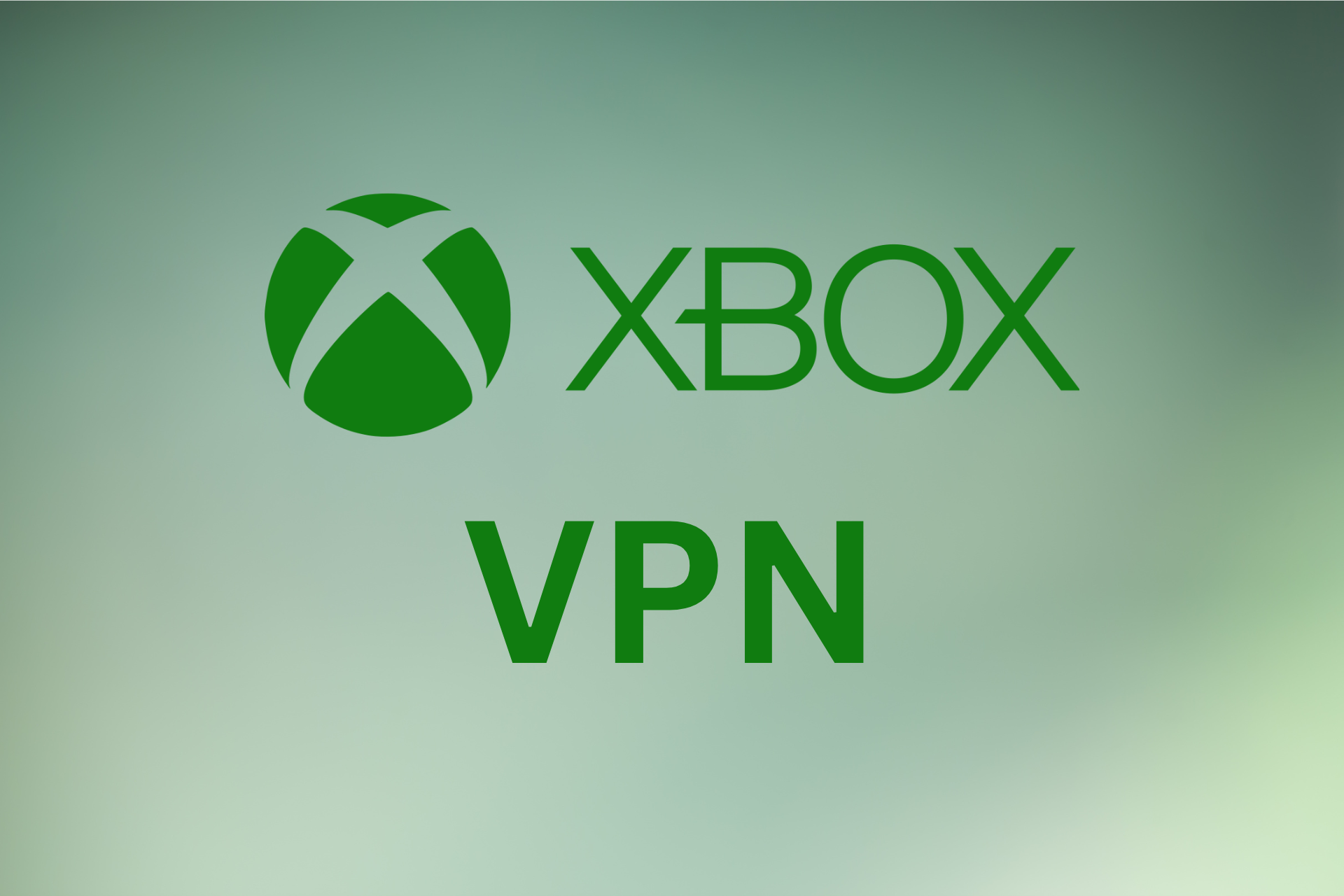
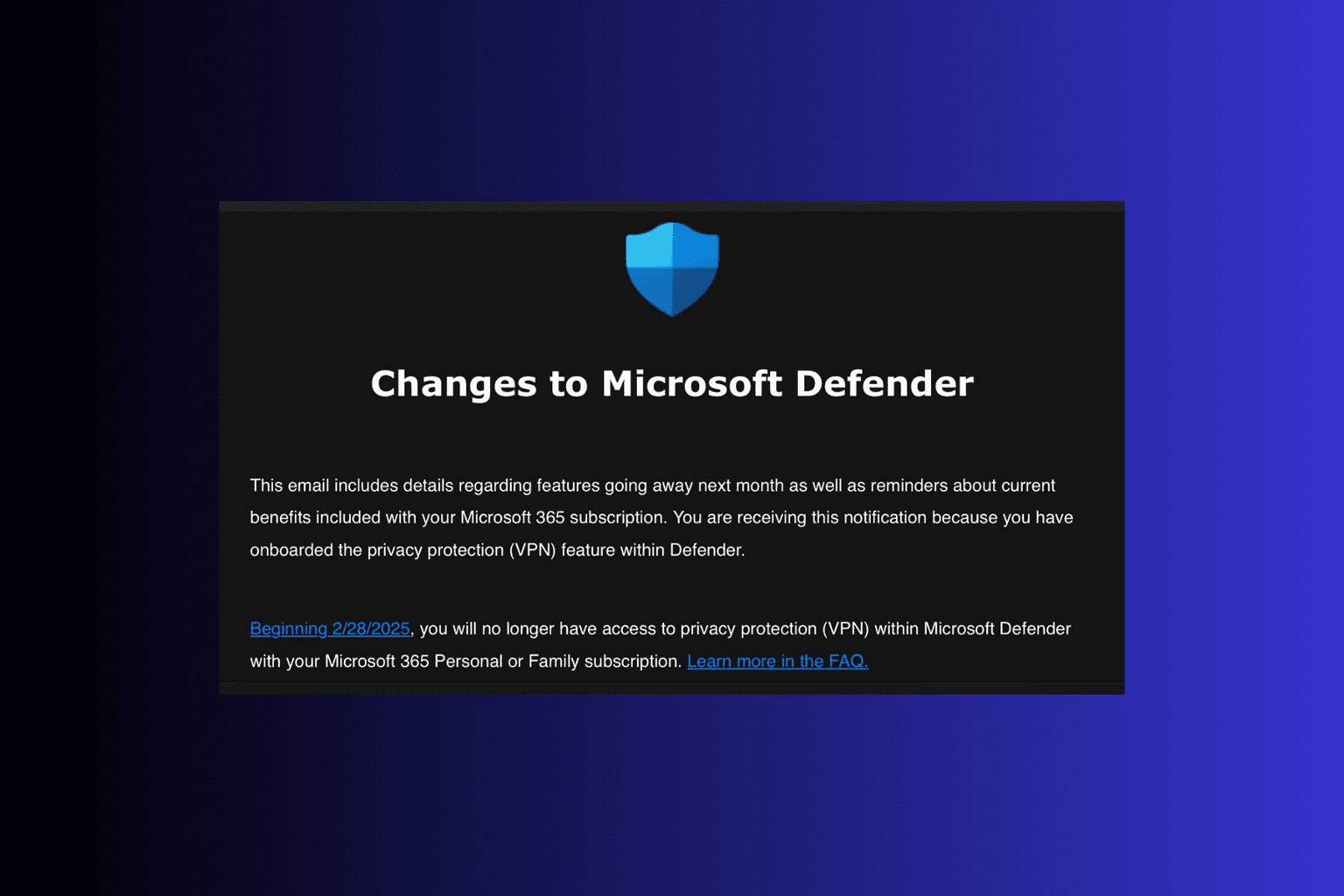
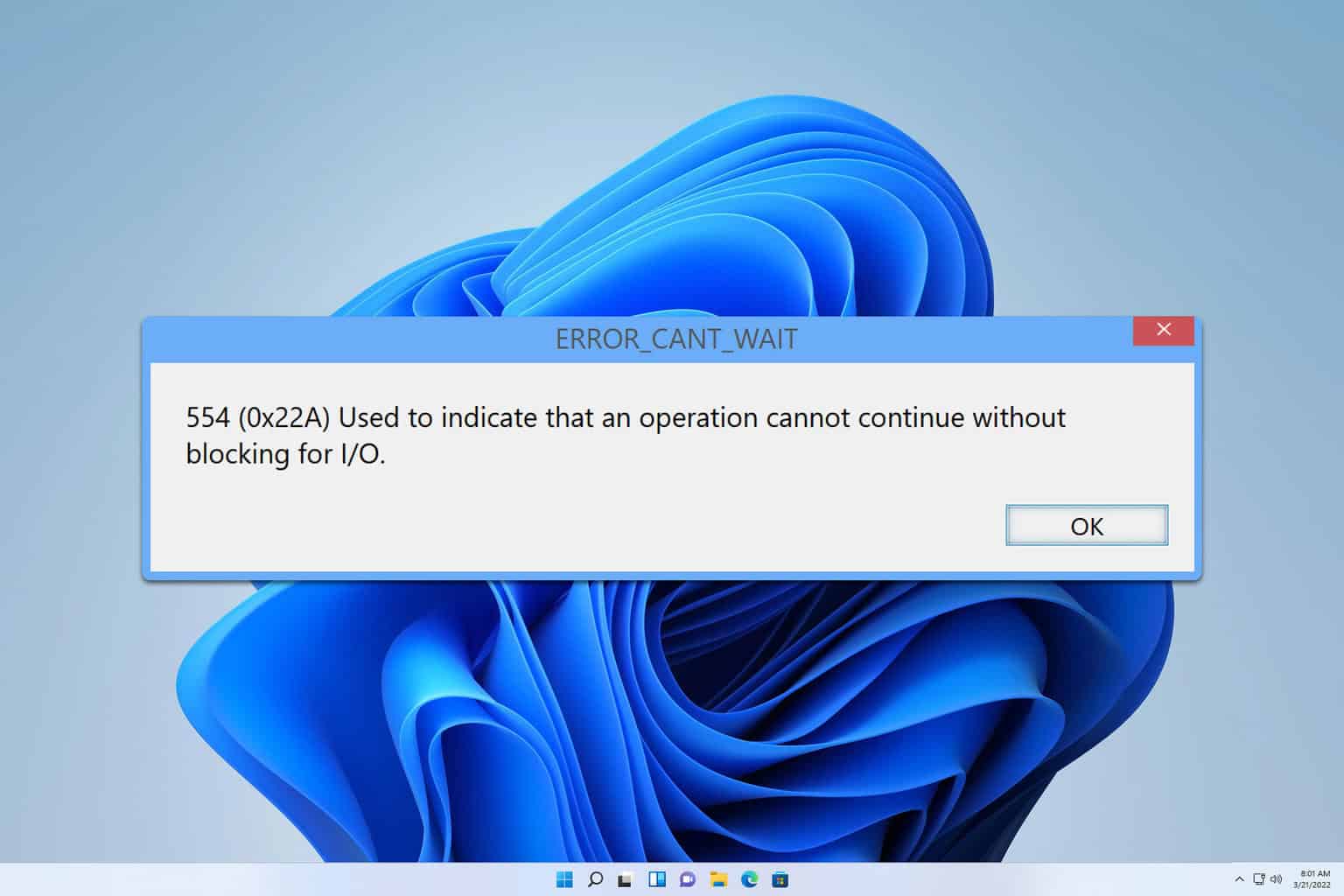


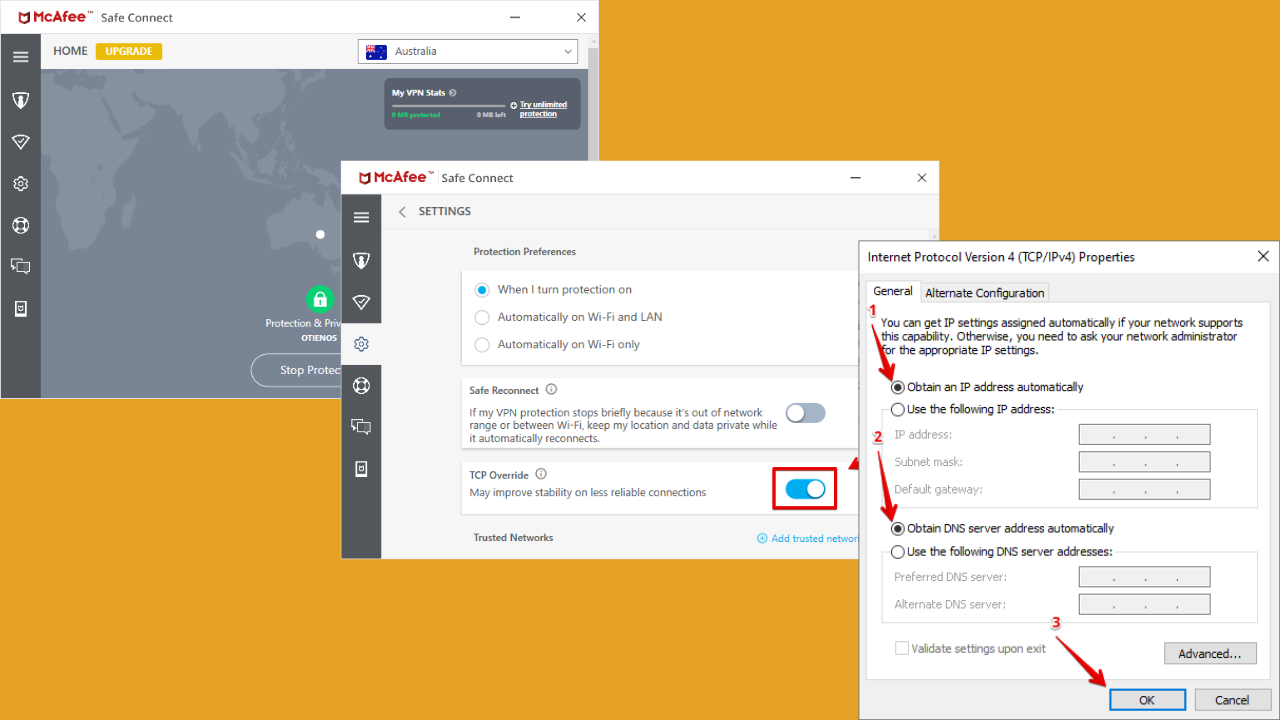
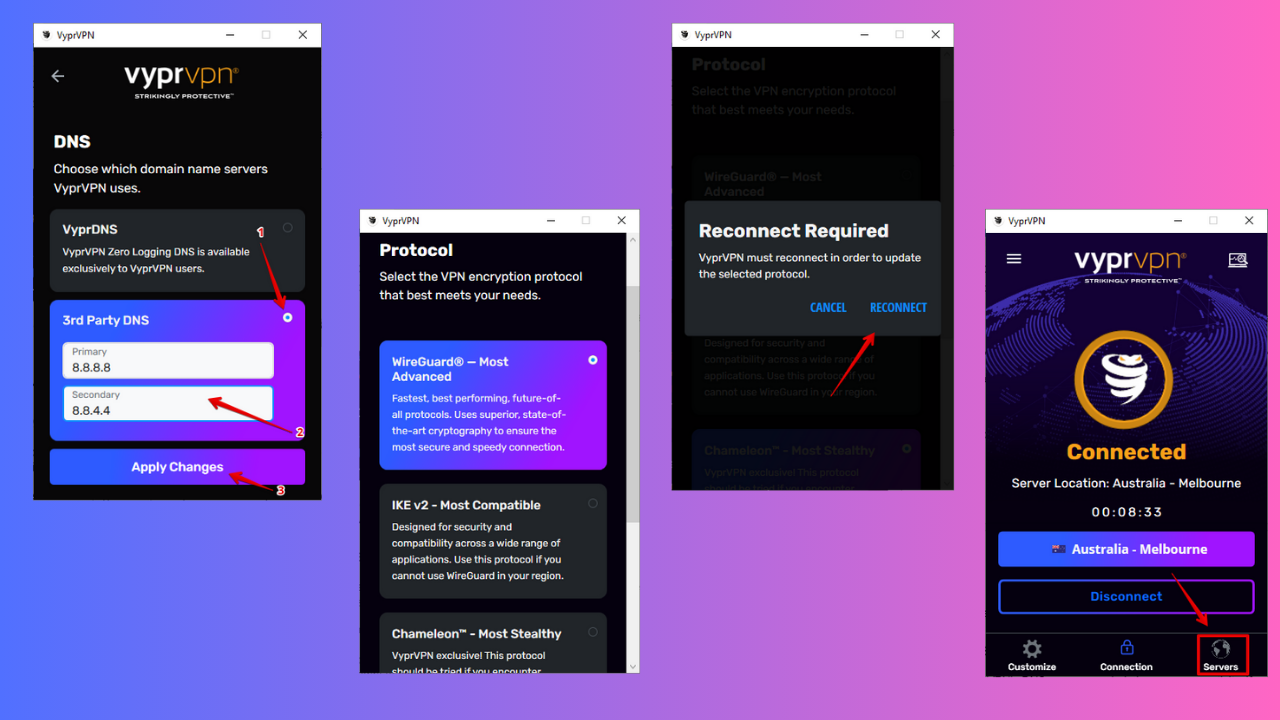
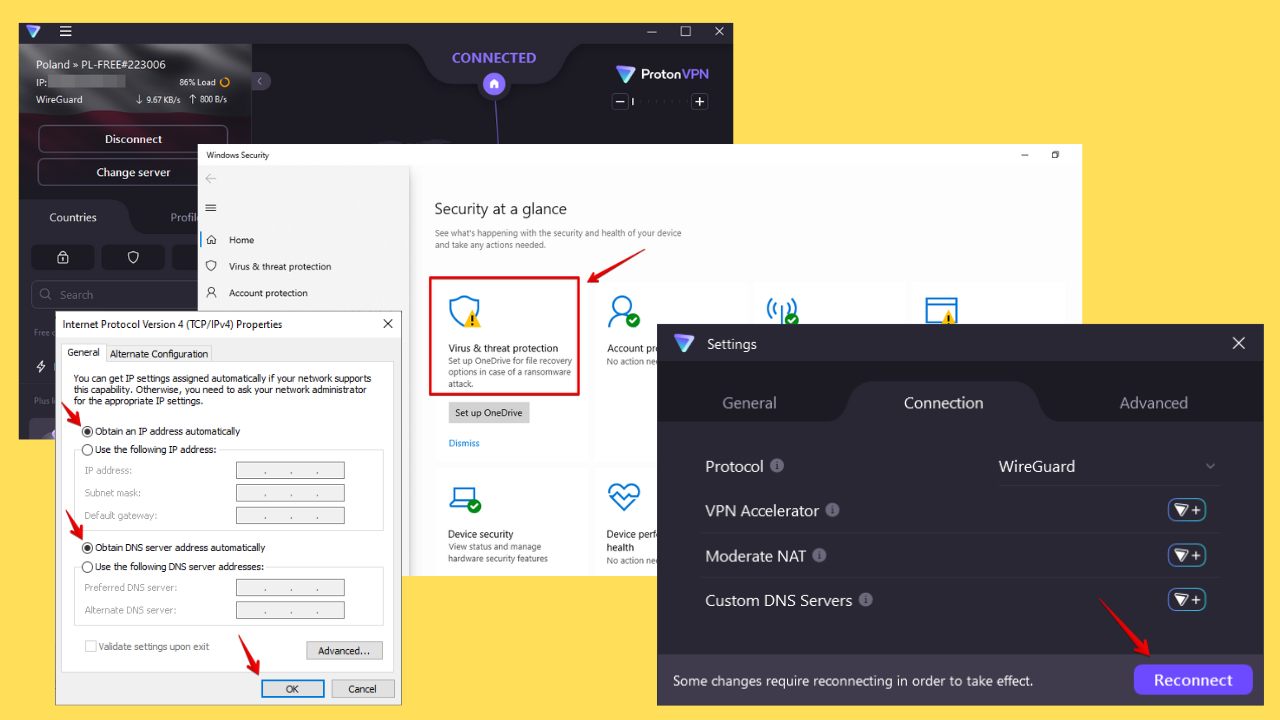
User forum
0 messages